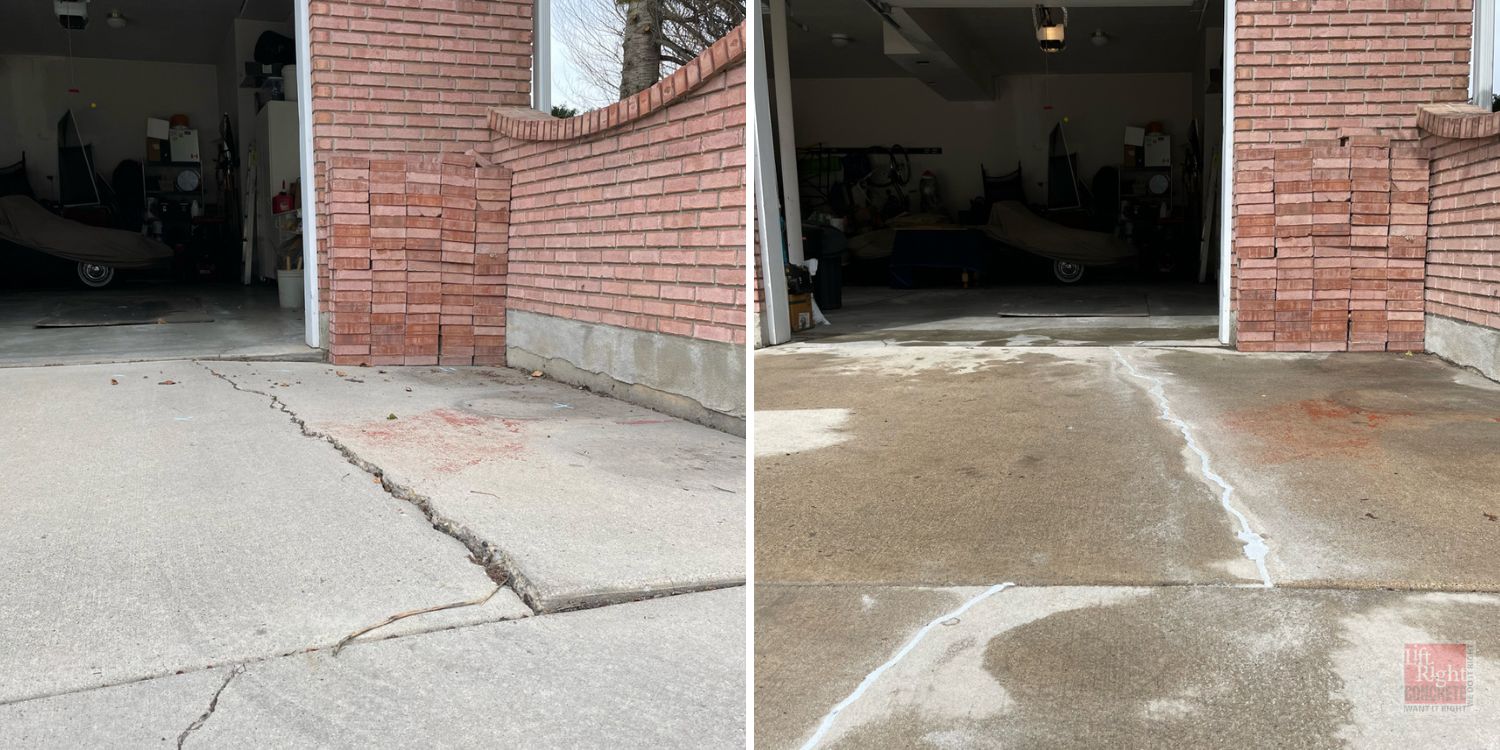Concrete is a strong and durable material, but it is not impervious to damage. Over time, concrete can crack and develop joints. These cracks and joints can allow water to seep in, which can cause the concrete to deteriorate. Sealing concrete cracks and joints can help to prevent this damage and extend the life of your concrete surfaces.
There are a few different types of sealants that can be used to seal concrete cracks and joints. The type of sealant you choose will depend on the size and width of the crack or joint, as well as the amount of traffic the area will receive.
For small cracks and joints, a liquid sealant may be sufficient. Liquid sealants are easy to apply and can be found at most hardware stores. However, they are not as durable as other types of sealants and may need to be reapplied more often.
For larger cracks and joints, a polyurethane sealant may be a better option. Polyurethane sealants are more durable than liquid sealants and can withstand more traffic. However, they are also more difficult to apply and require special tools.
Once you have chosen the right sealant, you will need to prepare the area before applying it. First, clean the crack or joint to remove any dirt or debris. Then, apply a primer to the area. This will help the sealant to adhere to the concrete.
After the primer has dried, you can apply the sealant. Be sure to follow the directions on the product label. Once the sealant has been applied, allow it to cure for the amount of time specified on the label.
Sealing concrete cracks and joints is an important part of maintaining your concrete surfaces. By following these simple steps, you can help to extend the life of your concrete and keep it looking its best.
Here are some additional tips for sealing concrete cracks and joints:
With a little care and attention from a service provider like Lift Right Concrete, you can keep your concrete looking its best for years to come. We offer crack and joint sealant that will prevent soil erosion from under the pads as well as prevent the concrete from frost heaving or forcing apart in freezing conditions creating seasonal trip hazards.
